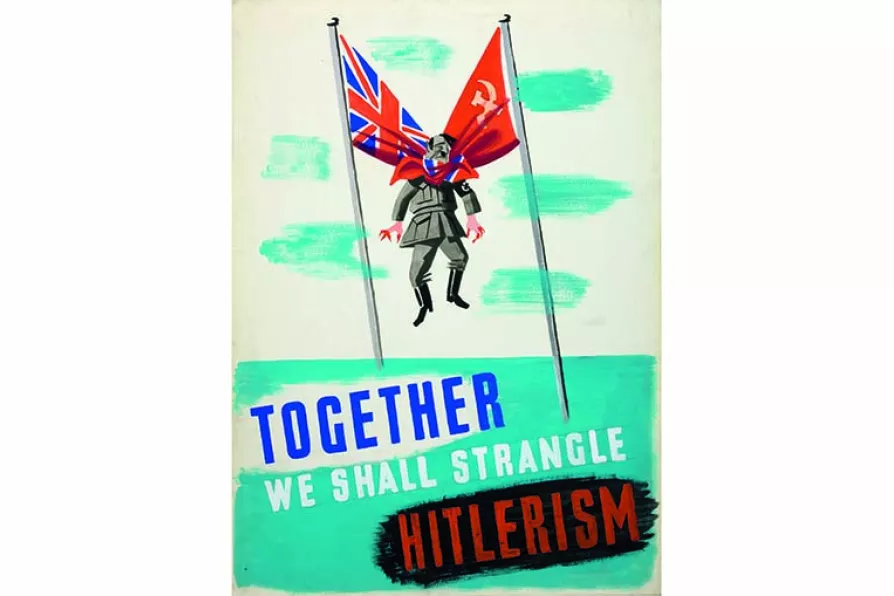The PM says Mandelson 'betrayed our values' – but ministers and advisers flock to line their pockets with corporate cash, says SOLOMON HUGHES


MY father fought in WWII with the 48th Royal Marine Commandos. He took part in D-Day and many other military operations in Europe and North Africa and had the medals to prove it.
Yet he never reminisced very much about his own exploits. He never talked about the shooting, the killing and the dying, although he must have seen plenty of all three.
He preferred wartime stories in which rank-and-file soldiers put one over upper-class officers, or peasant girls brought the troops chickens to cook as they helped liberate France.

WILL DRY speaks to three former members of the armed forces about the political hypocrisy surrounding Armistice Day, how war is a function of class society, and the far right’s use of militarism and nationalism to divide working people

PHIL KATZ looks at how the Daily Worker, the Morning Star's forerunner, covered the breathless last days of World War II 80 years ago

TONY CONWAY assesses the lessons of the 1930s and looks at what is similar, and what is different, about the rise of the far right today












